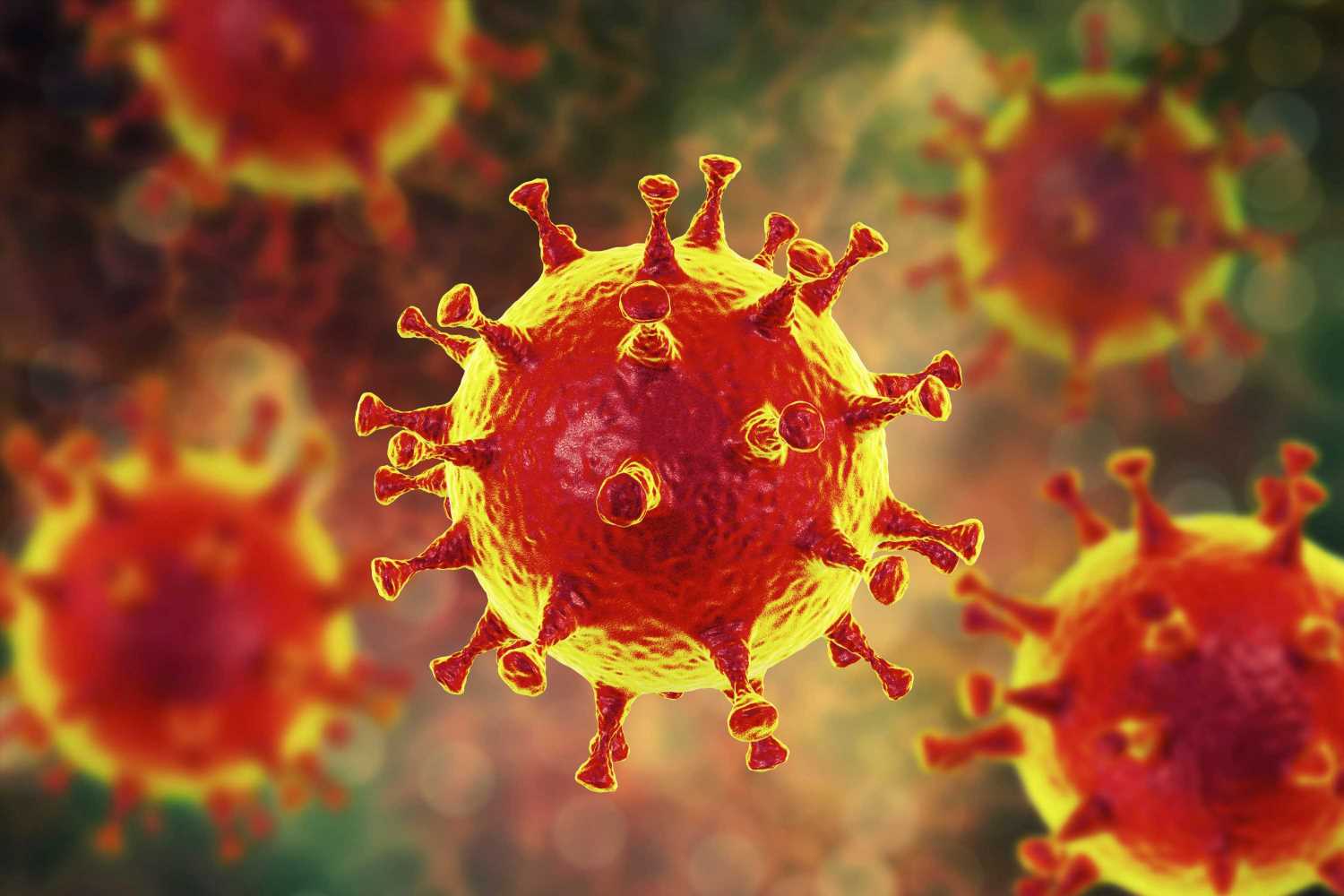SCIENTISTS have discovered new antibodies that could wipe out virtually all known Covid variants.
They were isolated from the blood of a patient who recovered from SARS in the early 2000s and received a coronavirus vaccine in 2021.
Researchers at Duke-NUS Medical School in Singapore, who led the study, said: "This unique combination of prior coronavirus infection and vaccination generated an extremely broad and powerful antibody response capable of stopping nearly all related coronaviruses tested."
The team identified six antibodies that could neutralise multiple viruses including SARS-CoV-2 (Covid-19) and its variants Alpha, Beta, Gamma, Delta and Omicron, the original SARS virus, and multiple other animal coronaviruses transmitted from bats and pangolins.
The most powerful, E7, neutralised both SARS-CoV and SARS-CoV-2 sarbecoviruses, animal sarbecoviruses and newly emerged SARS-CoV-2 strains, such as Omicron XBB.1.16
The authors said it targets a particular weakness in the virus' spike protein, which it uses to invade cells.
READ MORE ON COVID
I quit my lockdown drinking and binge-eating junk food habits to lose 6st
Outbreak fears as man, 28, ‘critical’ with coronavirus with 35% mortality rate
E7 appears to block the shape-shifting process the virus requires to infect cells and cause illness, they added.
First author Dr Chia Wan Ni said: "The neutralising potency and breadth of the E7 antibody exceeded any other SARS-related coronavirus antibodies we’ve come across.
"It maintained activity against even the newest Omicron subvariants, while most other antibodies lose effectiveness."
The findings help unmask the weak spots of coronaviruses and provide templates for designing vaccines and other drugs that work against variants and potential future outbreaks.
Most read in Health
Blow for Diet Coke fans as drink found to ‘increase risk of silent killer’
Warning to Brits heading to Spain after surge of 'killer paralysis bug'
Life-saving cancer drugs could help thousands more – thanks to Sun readers
Why sleeping naked can help you lose weight – and 9 other hacks to blast fat
"This provides hope that the design of a universal coronavirus vaccine is achievable," senior author and bat virus expert Professor Wang Linfa said.
Professor Patrick Tan, senior vice-dean for research, added: "This collaborative effort led by Prof Wang and his team expands our capability in protecting against coronavirus threats that currently threaten human health, as well as new viruses that may emerge in the future.
"This underscores the pivotal role basic science research plays in advancing knowledge, with the goal of discovering new approaches to transform medicine and improve lives."
The patient, 51, received the BioNTech/Pfizer jab in January to February 2021.
After their plasma was collected, the peripheral blood mononuclear cells were extracted and cryopreserved, and later stained for SARS-CoV RBD (SC1) and SARS-CoV-2 RBD (SC2) tetramers.
The research, which also involved scientists from the National University of Singapore, the University of Melbourne in Australia and the Fred Hutchinson Cancer Research Center in the United States, was published in the journal Science Advances.
Source: Read Full Article












